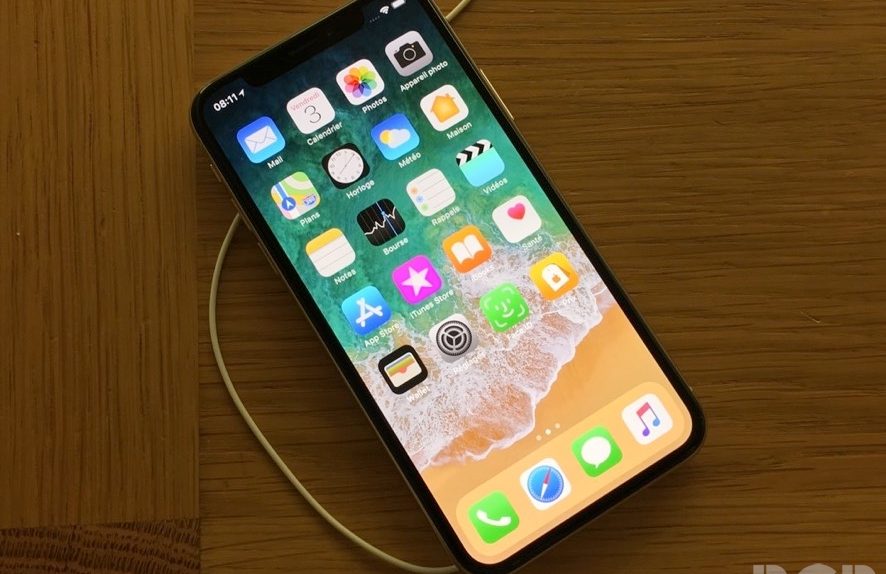The marketing jargon surrounding Apple’s series of A-x chips is admittedly a bit over the top, with even Apple conceding that names like A10 Fusion and A11 Bionic are essentially nothing more than marketing gimmicks. Still, don’t let Apple’s clever marketing throw you off. Apple’s A-x chips are absolute powerhouses and continue to destroy all-comers each and every year.
Interestingly enough, the A11 Bionic chip that powers Apple’s iPhone 8 and the recently released iPhone X performed so well in early testing that Primate Labs founder John Poole had a hard time believing early Geekbench testing results.
In fact, Poole was so taken with what Apple managed to accomplish with the A11 Bionic that he couldn’t help but throw a bit of shade at Android.
“The thing that I don’t fully understand is why performance has seemed to stagnate on the Android side,” Poole a few weeks back. “Where you don’t see these big leaps forward. I don’t understand what’s happening there.”
Suffice it to say, Apple’s hardware team continues to push the limits of mobile computing and performance year in and year out. Looking to shed some light on the team responsible for Apple’s A-x chips, Calcalist this week posted a fascinating interview with Johnny Srouji, Apple’s Senior VP of hardware technologies.
Notably, Srouji explains that the design of a new series A-x chip begins years before it ever appears in a new iPhone model. Incidentally, Srouji has previously said that the work on a new processor begins three years out.
Silicon is unforgiving. My team is already working on the chips you’re going to see in 2020. You make bets. We have the system and the software. We have better knowledge versus external chipmakers about where things are going to end up. Since we own the silicon, we own the software, the operating system and everything else, we deliver, always. We deliver for the exact specification of iOS and nothing else. We don’t have to worry about other operating systems.
The profile on Srouji — who hails from haifa — also touches on the significant amount of R&D that comes from Apple engineering teams in Israel.
“The team in Israel is a key part of the overall engineering team in the U.S. and other areas of the world – wherever we have our R&D,” Srouji explained. “The things they do are key to any device we ship, to all devices.”
Apple today is said to have 900 employees in Israel after initially establishing an official presence in the country in 2011. Hardly a surprise, Israel has long been a hotbed of technological innovation with Apple having scooped up a number of Israeli-based tech companies in recent years, including PrimeSense and Realface.
All in all, the profile on Srouji — which also touches on the iPhone X’s Face ID feature — provides us with a small and interesting glimpse into one of Apple’s most secretive and crucial teams. The full interview is well worth checking out in its entirety and can be seen over here.








